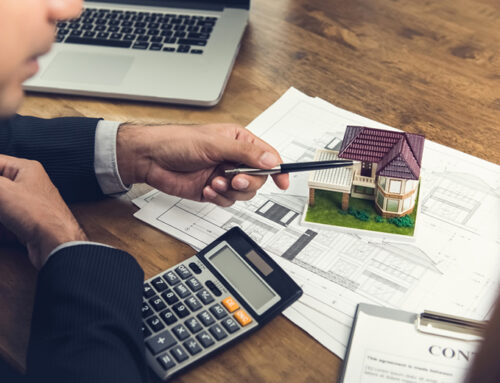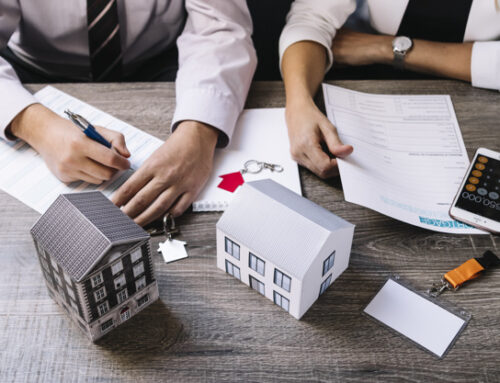For people who manage a small or medium-sized business, buying a commercial property might be a wise investment. In fact, at a time when other kinds of property investment, such as buy-to-let, are less appealing than they were a few years ago, it might be a wise decision.
“Long leases of 10 to 20 years are prevalent in the commercial property market, making it a landlord and investor-friendly environment.”
If you’re considering buying a commercial property, here are some important factors to look about:
Carefully select your location
Pay as much attention to the location of your business as you would to the placement of your house. Will you be meeting with clients regularly on the premises? Will you be hiring a huge number of people who will need a vast space? In any case, a position in the city center would be preferable. If you mostly deal with clients remotely, an out-of-town site may be a more cost-effective choice.
Take Profit from the present low-interest rates
Even though interest rates will not remain at their current levels permanently, they are still low enough to make a mortgage a viable choice. You will be able to re-mortgage your property to acquire extra funds at a lower cost than obtaining a company loan. Remember that if you do decide to invest, you may deduct the tax from your mortgage interest payments.
Think rationally, not emotionally
Buying a property, especially with a mortgage, would almost likely cost more in the near run than renting the same property. In the event of a new business, this would add to the uncertainty. So only, invest in commercial space if your company is well established and has strong development potential. You could prefer to rent for the time being and then invest in a business property afterward.
Flexibility is important
Look for a property that can be adjusted. If everything goes according to plan, your firm will likely grow and evolve throughout your ownership of the property. As a result, look for a commercial space that can develop with your company.
How much of a deposit will you need?
Remember that, just as with a residential home, you’ll need to put down a substantial deposit. Mortgage lenders are likely to demand a deposit of 20% or more of the property’s worth. Make sure to clarify this in your calculations. Lenders may also need a comprehensive long-term business strategy. Before approaching your mortgage lender, do your homework.
Don’t cut corners on the survey
Before making a purchase, make sure you get a thorough expert survey completed. Don’t rely on the more basic survey that your mortgage lender will most likely need. A survey is always a wise precaution, whether it is a commercial property or a residential property.
Examine the market
Take into the consideration property price predictions. What do you think your area’s long-term prospects are? Are there any planned infrastructural changes that will affect home values in the future? But don’t get carried away with your confidence. Be careful of overextending yourself since a drop in the value of your commercial property might drain your business cash. Investing time in research is never a waste of time.
Buying a commercial property is no less risky than purchasing a private residence. However, if you properly prepare the ground and avoid common pitfalls, you should be in a good position to make sensible investment and put your company on a solid long-term foundation.
Investing in commercial property can be a significant step for your business, and having the right guidance is crucial. If you’re ready to explore your options or need assistance navigating the buying process, contact us today! Our experienced team at Strictly Conveyancing is here to help you make informed decisions and ensure a smooth transaction. Don’t hesitate—reach out for a consultation and take the first step towards securing your commercial property!





